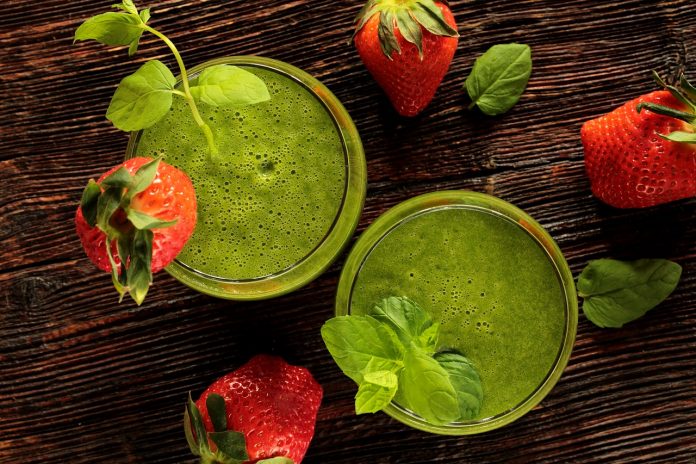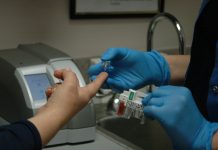
I am curious as to whether Zeal Supplement drinks and protein shakes are good for diabetics? Why or why not?
What is the healthiest diet for a type one diabetic? is a keto diet OK for a Type one diabetic?
Thank you in advance for your knowledge.
I looked at the nutrition analysis of Zeal on their website where 14 grams of powder or 1/2 ounce has 10 grams carbohydrate, 0 protein and 2 grams fat which would be equal to 2/3 piece of fruit (not comparing the vitamins and minerals in fruit) and 1/2 tsp fat.
For persons with Type 1 diabetes (T1D) who are dependent on insulin injections, I would not suggest consuming supplements or protein shakes. I would instead recommend getting all your nutrition from a variety of foods by eating 3 meals and 1 to 2 snacks per day. Lastly, in buying supplements and protein shakes, you are wasting money you could be spending on healthy food.
Have you talked to your doctor and dietitian about your supplement/protein shake? You should be seeing your doctor every 6 months for A1c blood analysis which will show what your blood sugars have averaged over the last 3 to 4 months. This is key to treating diabetes and prevent long-term complications with your eyesight, kidneys, and circulation to your feet. You should also be seeing your dietitian at least yearly to discuss how to change your eating plan based on your most recent A1c test results and body weight.
A ketogenic diet would not be recommended for a person with diabetes as this fad diet is high in fat and moderate in protein, low in carbohydrate. It is just the Atkins, Scarsdale and other high protein, high fat, low carbohydrate diets including the Zone and Sugar Busters with a new name to disguise it. These types of diets produce ketones, an enemy to persons with diabetes. Ketones are a by-product of incompletely burning fat as fuel when carbohydrates are not eaten to replenish the blood sugar. BTW, you only have about 1500 calories of stored sugar (glycogen) in your liver which only lasts a day or two when eating low carbohydrate. Muscle sugar (glycogen) is mostly used as fuel needed by muscles to perform work.
Ketoacidosis is the result of high ketones in the blood and high blood sugar causing increased blood acidity which can result in coma or even death in a person with diabetes if not treated. I would advise against a keto diet for people with diabetes especially Type 1 insulin-dependent diabetes.
Your body prefers to run on your blood sugar which is replenished by eating carbohydrates (dairy, fruit, grains, starchy veggies), Carbohydrates require insulin to get glucose from your blood into your body’s cells for fuel.
Insulin is counter-balanced by your body release of glucagon (a hormone also produced by your pancreas) when your blood sugar is low which releases sugar stored in your liver as glycogen. However, when you inject insulin, your body production of glucagon may be suppressed and not bring your blood sugar back to normal which is why type 1 diabetics often carry a glucagon pen for when their blood sugar is too low.
You should be counting carbohydrates based on your dietitian’s recommendation. Eating a consistent amount of carbohydrates at each meal (around 45 grams or 3 carbohydrate servings) and a consistent amount of carbohydrates at each snack (around 15 to 30 grams or 1 to 2 carbohydrate servings) every day will ensure your blood sugars are more consistent and within normal ranges.



